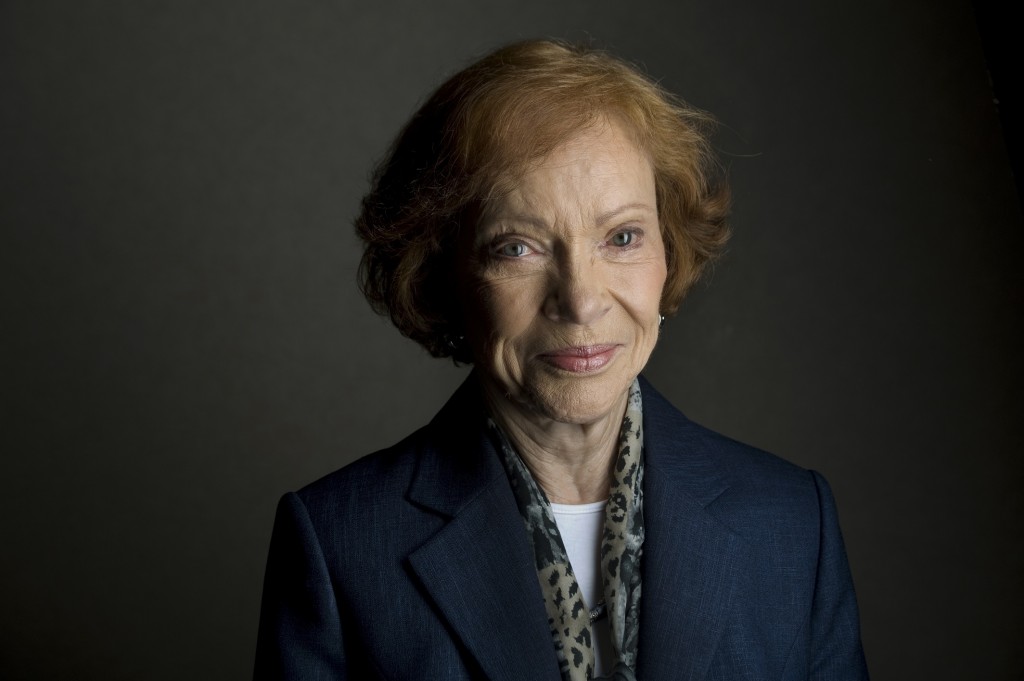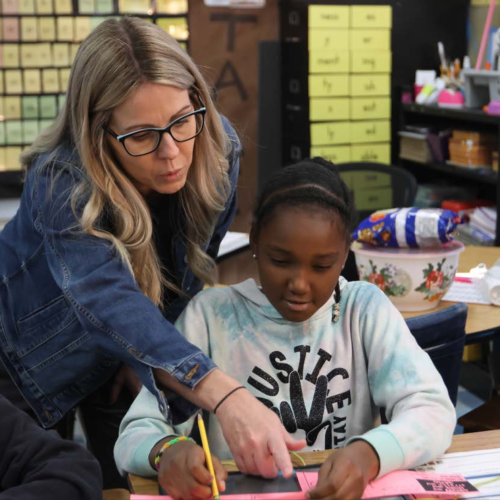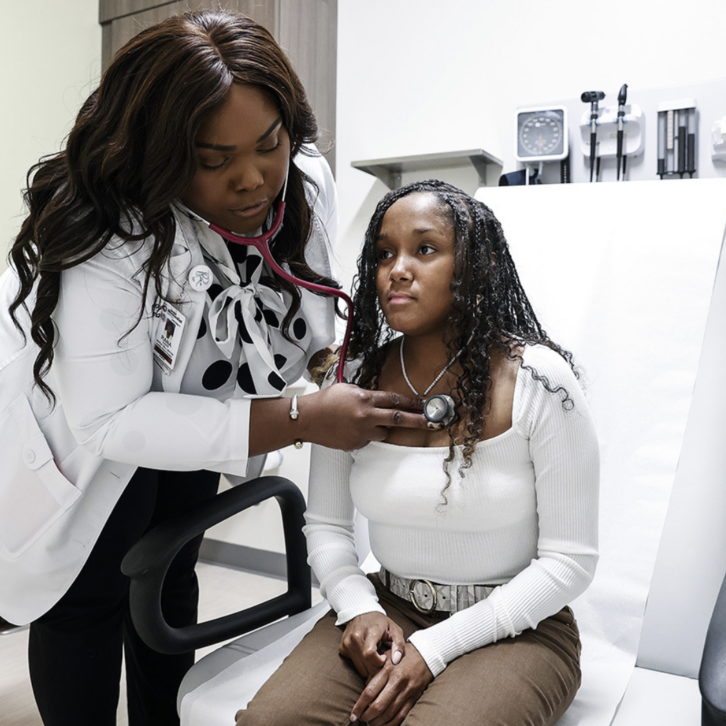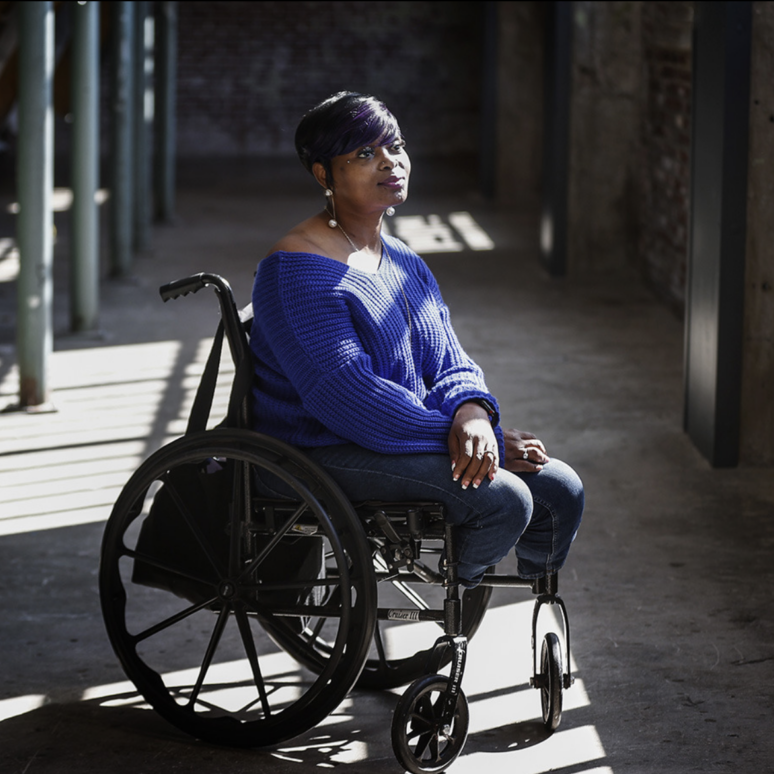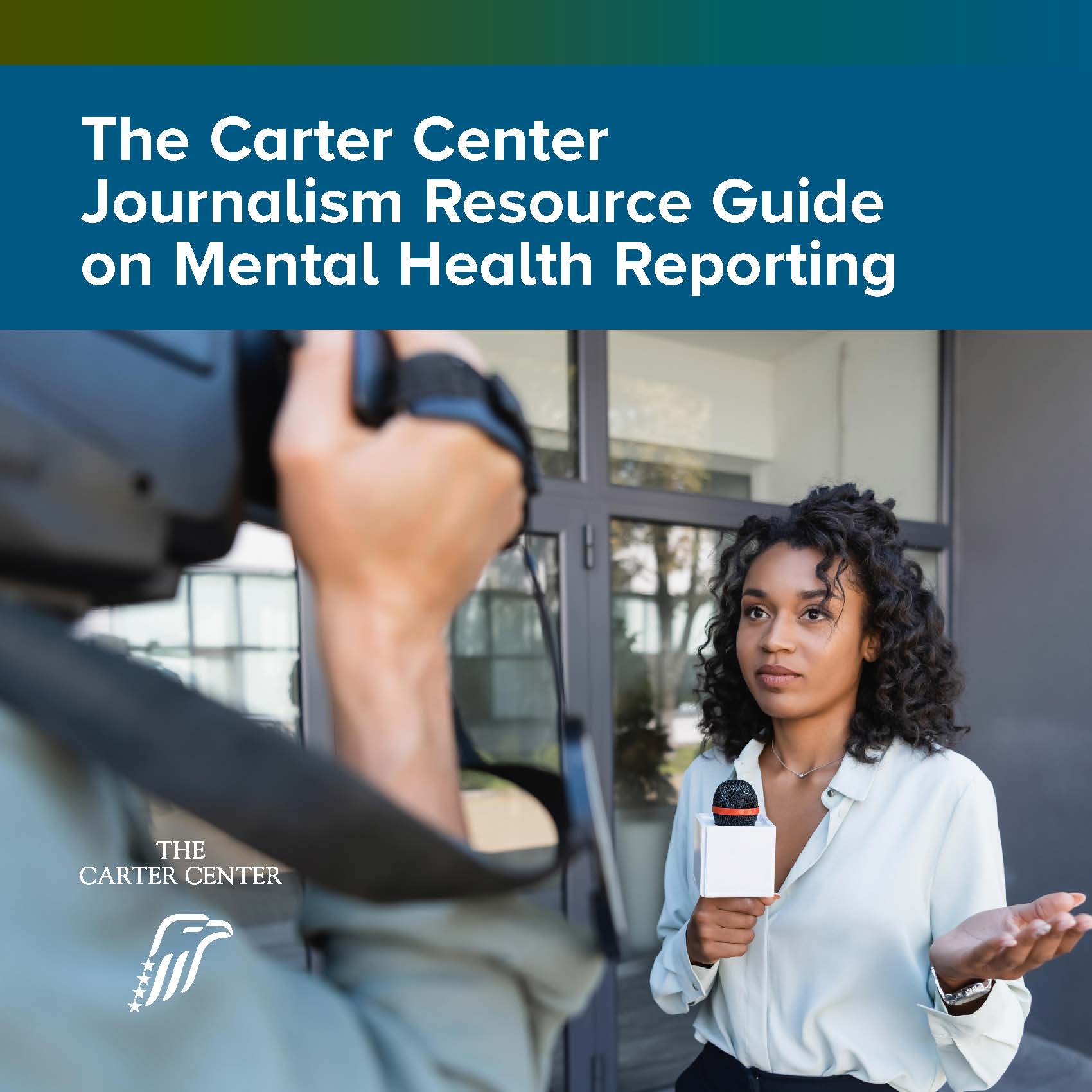Meet the Fellows
The Carter Center’s Mental Health Journalism Fellows report on some of society’s biggest mental health challenges during their year-long, non-residential fellowship.
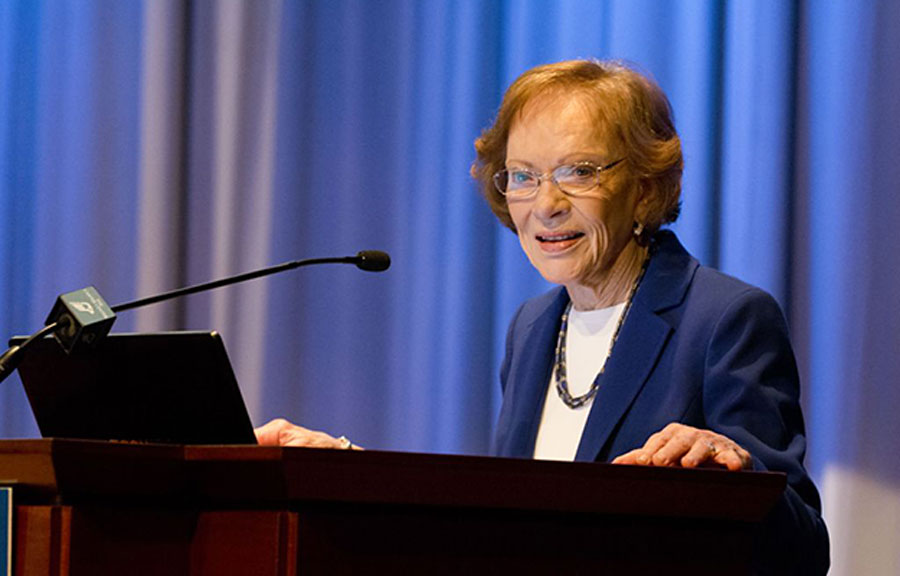
"Informed journalists can have a significant impact on public understanding of mental health issues as they shape debate and trends with the words and pictures they convey. They influence their peers and stimulate discussion among the general public, and an informed public can reduce stigma and discrimination."
— Former U.S. First Lady Rosalynn Carter
Language guide for reporting on mental health
The Carter Center Journalism Resource Guide for Mental Health Reporting supports journalists’ efforts to report accurately and effectively on mental health topics, including addiction and substance use, in ways that do not reinforce stereotypes or negative perceptions. This guide can serve as a starting point for new journalists and as a reference guide for experienced journalists.

